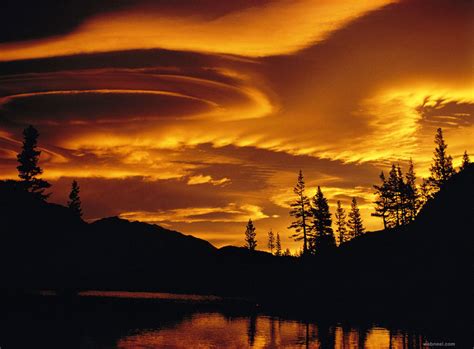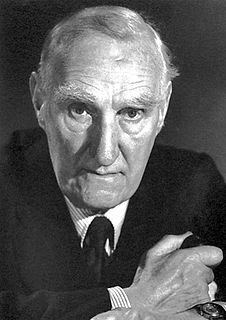A Quote by George Will
The designs of the paper euros, introduced in 2002, proclaim a utopian aspiration. Gone are the colorful bills of particular nations, featuring pictures of national heroes of statecraft, culture and the arts, pictures celebrating unique national narratives. With the euro, 16 nations have said goodbye to all that.
Related Quotes
The beginning of civilisation is the discovery of some useful arts, by which men acquire property, comforts, or luxuries. The necessity or desire of preserving them leads to laws and social institutions. The discovery of peculiar arts gives superiority to particular nations ... to subjugate other nations, who learn their arts, and ultimately adopt their manners;- so that in reality the origin as well as the progress and improvement of civil society is founded in mechanical and chemical inventions.
Nations are political and military entities, and so are blocs of nations. But it doesn't necessarily follow from this that they are also the basic, salient entities of economic life or that they are particularly useful for probing the mysteries of economic structure, the reasons for rise and decline of wealth. Indeed, the failure of national governments and blocs of nations to force economic life to do their bidding suggests some sort of essential irrelevance.
Part of the role of photography is to exaggerate. Most of the photographs in your paper, unless they are hard news, are lies. Fashion pictures show people looking glamorous. Travel pictures show a place looking at its best, nothing to do with the reality... Most of the pictures we consume are propaganda.

































